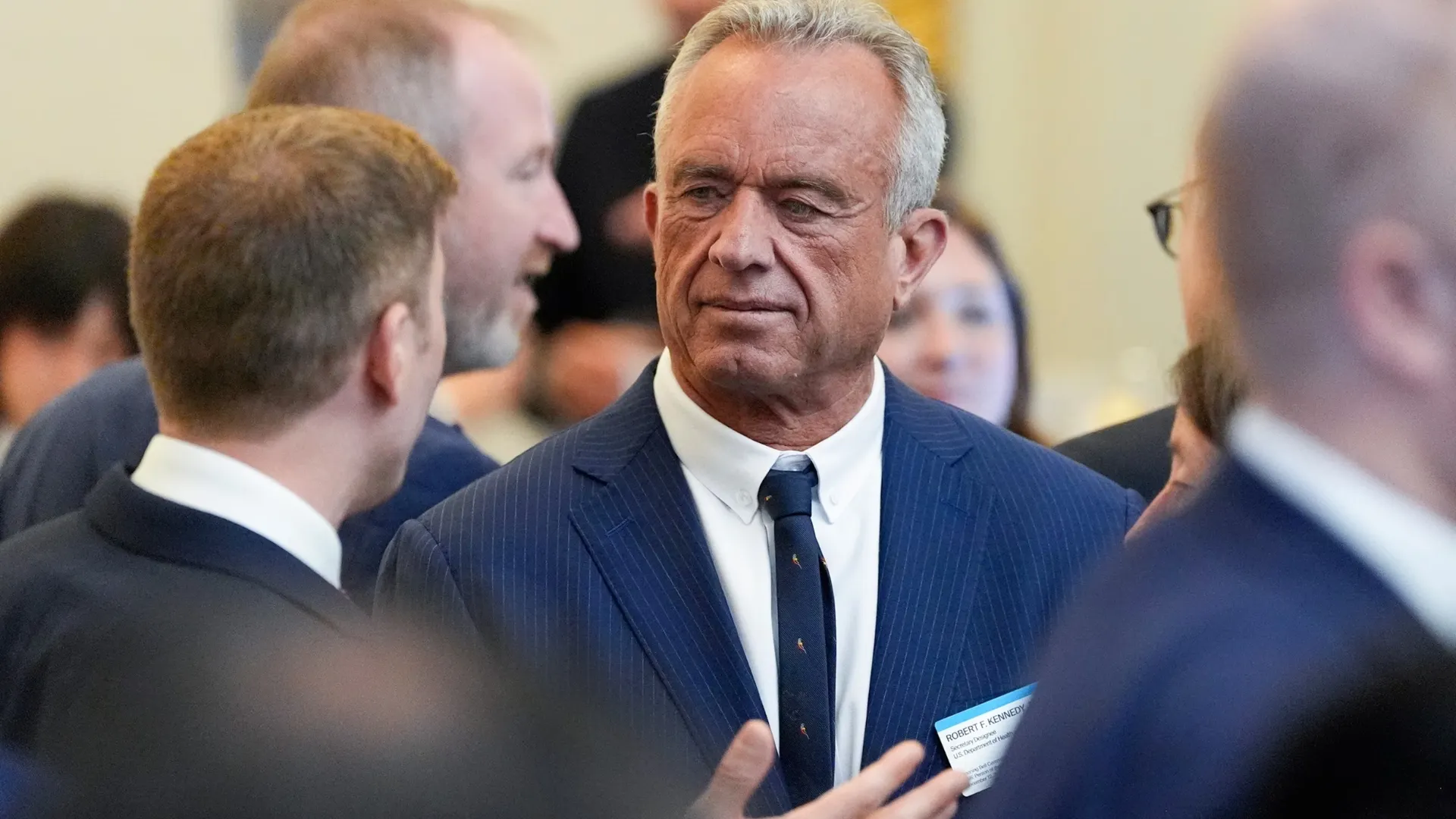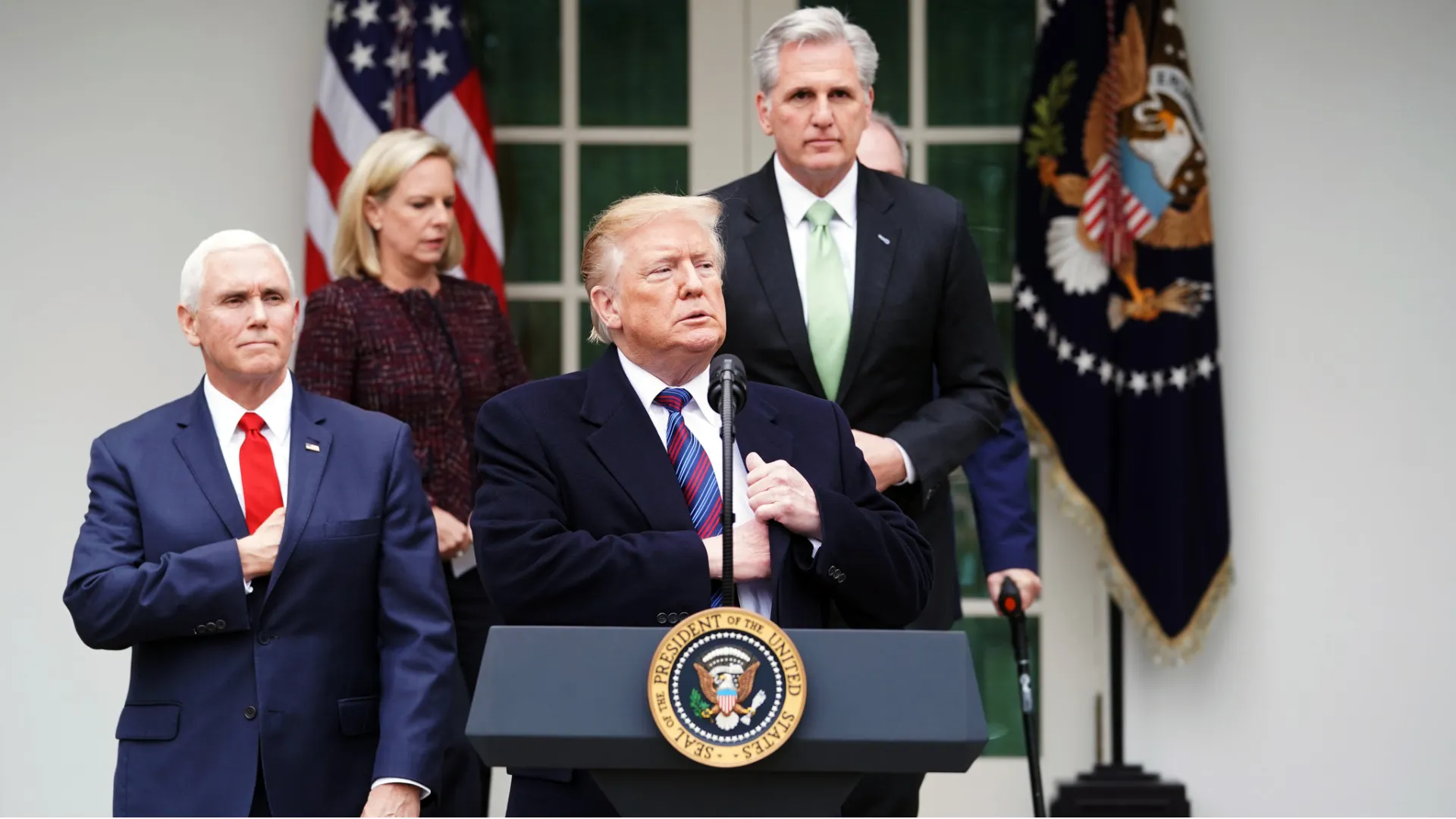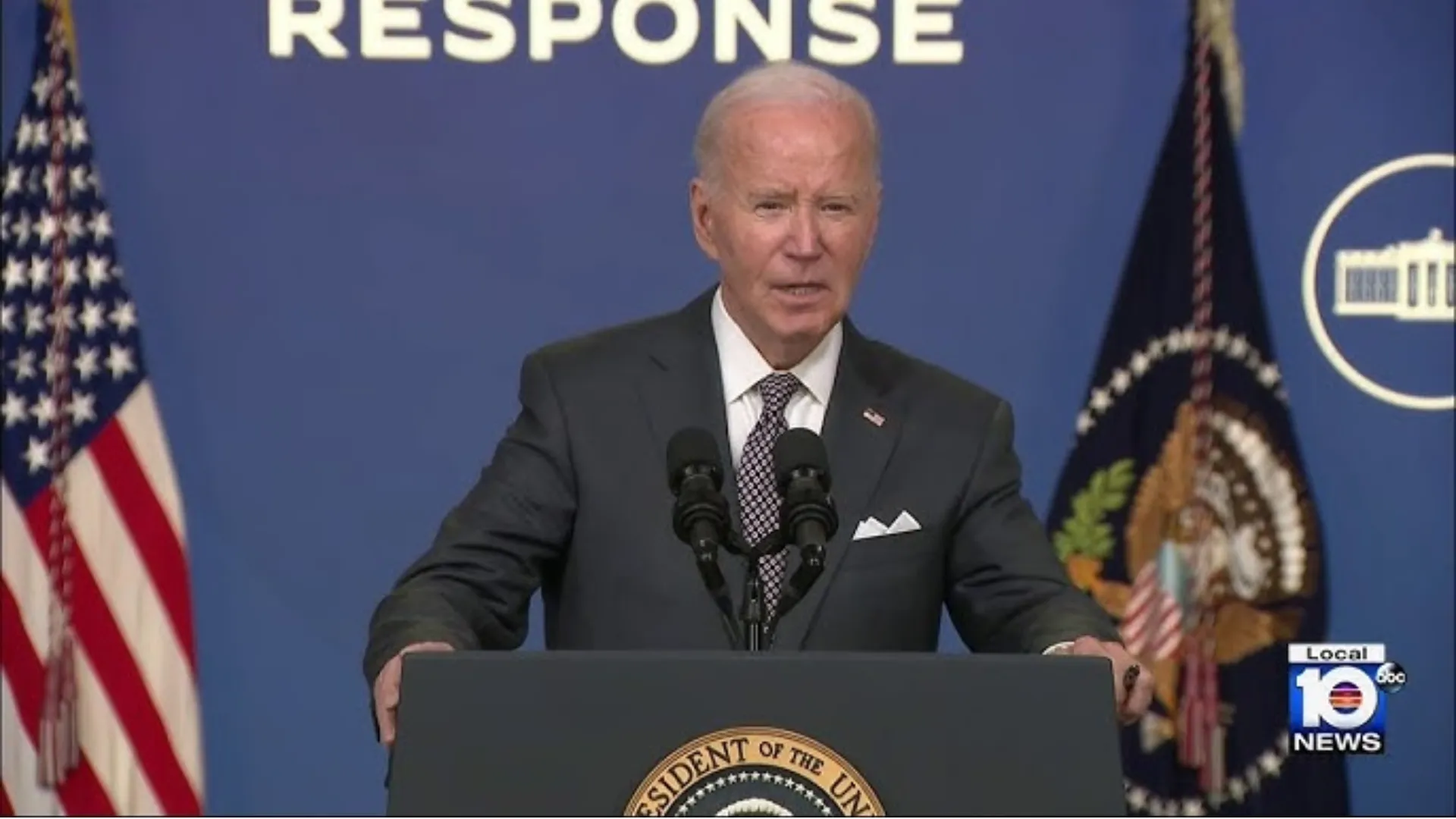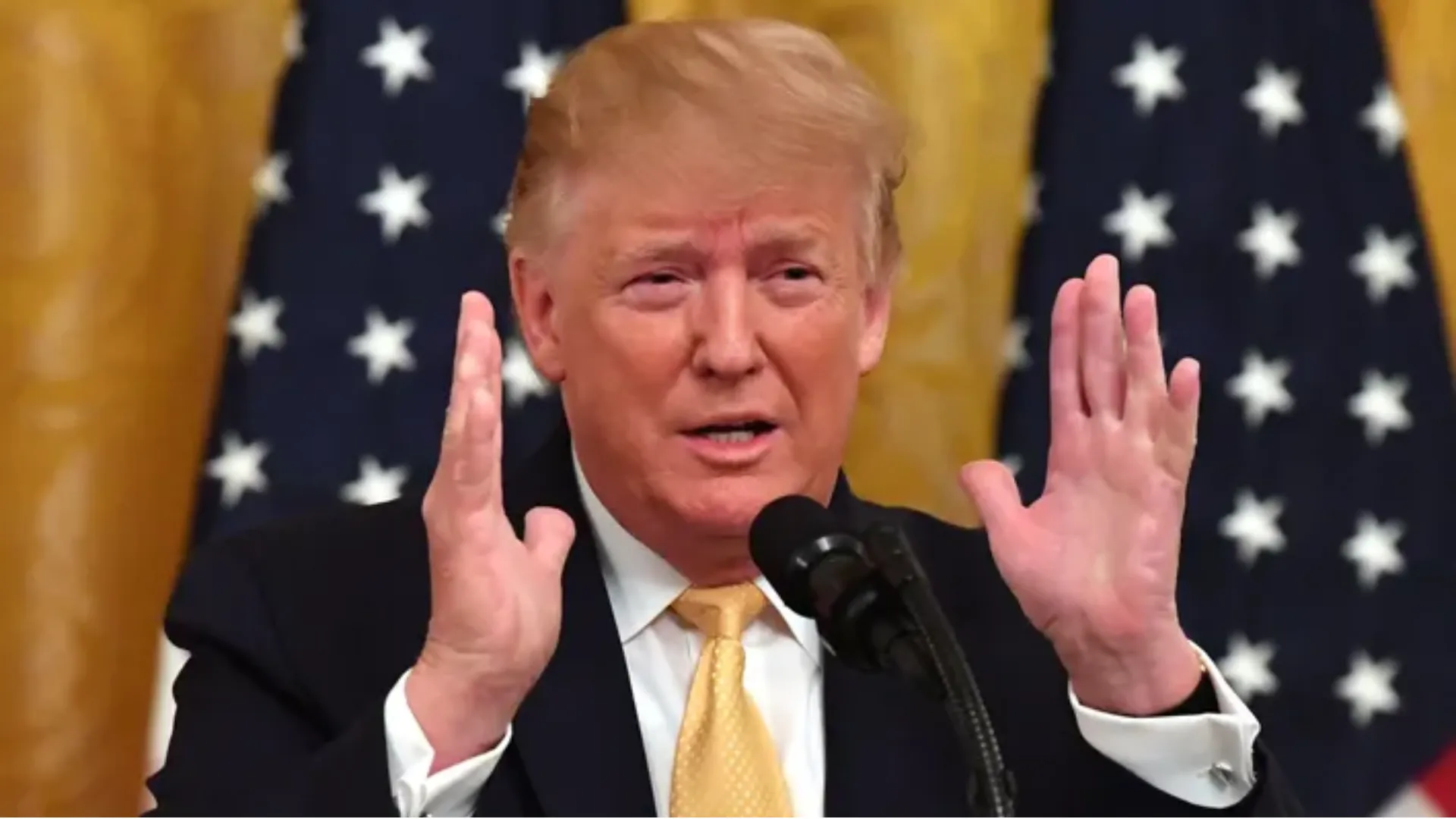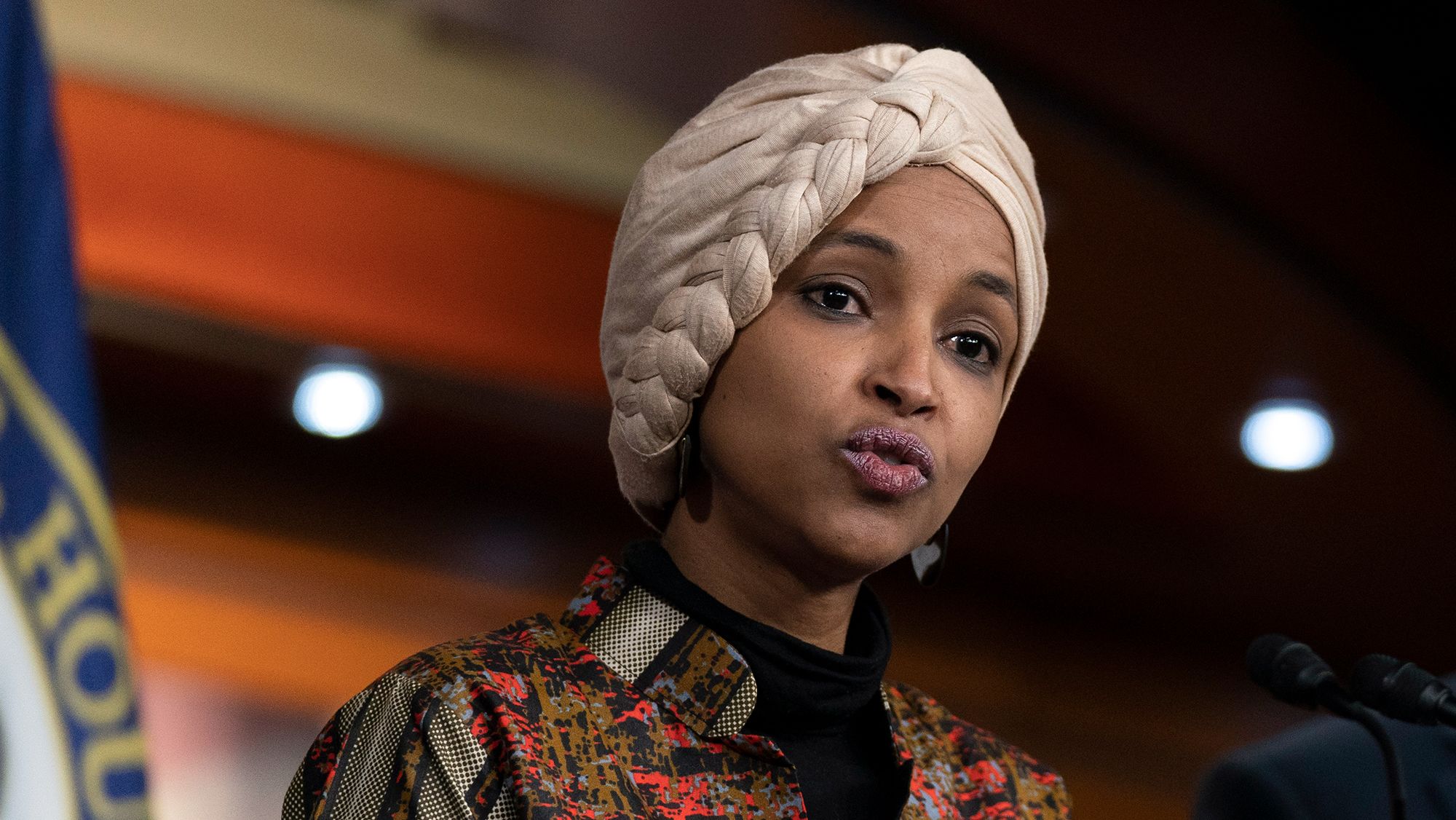
In a world where political speculation is often as much a part of the landscape as the events themselves, Rep. Ilhan Omar of Minnesota has managed to quell the swirling rumors surrounding her future political ambitions.
The progressive firebrand, known as a key member of the “Squad,” took to Minnesota Public Radio to announce her decision to seek re-election to her House seat in 2026, putting an end to months of speculation about her potential Senate bid.
This announcement not only clarifies her political intentions but also signals her ongoing commitment to representing the people of Minnesota’s 5th Congressional District, a seat she has held with unwavering dedication and significant success.
“I believe that at a time when our rights are under attack, it is more important than ever to fight back against the chaos, corruption, and callousness of the Trump Administration,” Omar declared during her interview.
The words were not just a reflection of her personal values, but also a response to the wider political climate, which has seen an increasing divide between progressive ideals and the conservative policies of former President Donald Trump’s administration.
In her statement, Omar emphasized the importance of grassroots activism, an area in which she has excelled. “In Minnesota, we know that organized people will always beat organized money,” she said, reinforcing her belief in the power of collective action.
The phrase was not just a slogan but a testament to her successful approach in the past, when her campaign’s grassroots organizing efforts helped propel her to victory in previous elections.
With the battle for the House in mind, Omar expressed confidence that her re-election campaign would build on the momentum of those efforts, inspiring a record turnout during the upcoming midterms and ensuring that her party could regain the majority in Congress.
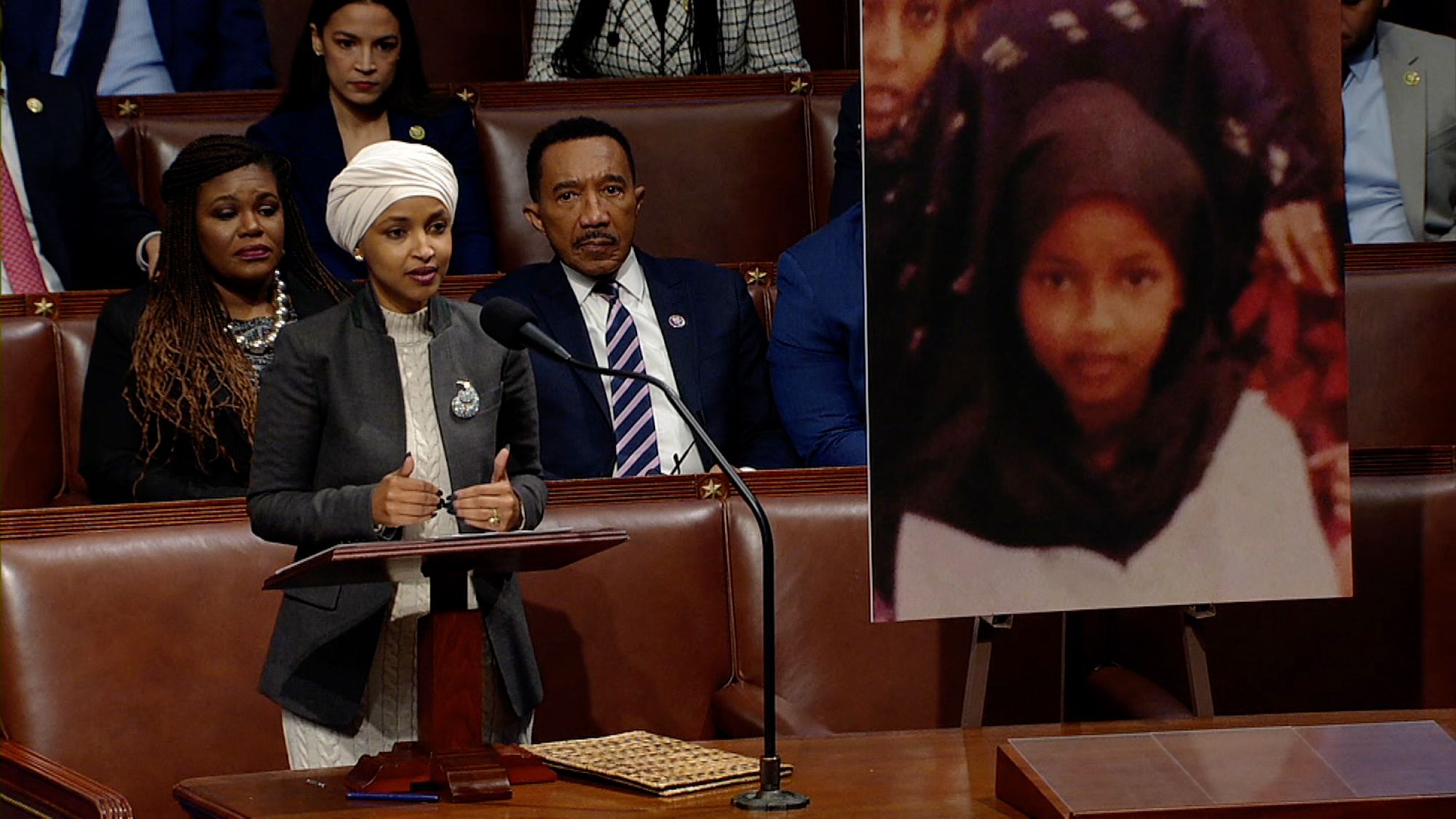
The announcement put an end to rumors that had been circulating for months, fueled by her prominence within the Democratic Party and her rising national profile.
As the 2026 election approaches, Minnesota's political scene is set to be one of intense scrutiny and competition, with Omar’s decision to remain in the House shifting the attention to other possible contenders for the state’s open Senate seat.
Senator Tina Smith’s recent announcement that she would not seek re-election had set the stage for a significant political reshuffling in Minnesota, and Omar had been among the names floated as a possible successor to Smith.
However, by announcing her candidacy for re-election to the House, Omar effectively closed the door on those Senate speculations, keeping her focus on her current position and what she views as an ongoing battle for progressive values at the national level.
Omar’s victory in the 5th Congressional District in 2024 had been a resounding one. She secured a win by an overwhelming margin, defeating Iraq-born Republican journalist Dalia al-Aqidi by an impressive 50 points.
This victory demonstrated her continued strength among the constituents she represents, particularly within the diverse and increasingly progressive district that includes much of the city of Minneapolis. Her campaign, which had focused on economic justice, racial equality, and climate action, resonated deeply with voters who are hungry for change.
While her victory was decisive, it also highlighted the growing influence of Omar within the Democratic Party, both locally and nationally. Known for her outspoken stance on issues such as immigration, healthcare, and foreign policy, Omar has become a vocal advocate for policies that challenge the status quo.
As a member of the “Squad,” a group of progressive lawmakers that includes Reps. Alexandria Ocasio-Cortez, Rashida Tlaib, and Ayanna Pressley, Omar has forged a path that has been as controversial as it has been effective. She has earned a reputation for her unflinching support for progressive policies, even when they put her at odds with more centrist Democrats.

At the same time, Omar’s decision to remain in the House is also a strategic one. In recent years, the landscape of American politics has undergone significant shifts, with a number of key political figures emerging from outside traditional political structures.
The “Squad,” of which Omar is a key member, has been at the forefront of this change, offering a bold, unapologetic vision for the future of the Democratic Party. Omar has consistently embraced her role as a disruptor, unafraid to challenge both the right-wing of the political spectrum and more moderate Democrats who she believes are too willing to compromise on core values.
However, even as Omar solidifies her position in the House, the battle for the open Senate seat in Minnesota is already shaping up to be an intense and competitive one.
As soon as Senator Smith’s announcement in February that she would not seek re-election made waves, Minnesota’s political landscape began to take on an air of anticipation. Speculation mounted quickly over who might step forward to fill the void, and Omar’s name was soon added to the list of potential candidates.
Almost immediately, Minnesota Lt. Gov. Peggy Flanagan, a prominent Democrat and advocate for Native American rights, threw her hat into the ring, becoming the highest-profile contender for the seat.
Flanagan’s candidacy has already garnered significant attention, particularly due to her heritage as an Ojibwe woman, which would make her only the fifth U.S. senator of Native American descent, alongside Oklahoma Republican Markwayne Mullin.
Flanagan has emphasized her commitment to progressive values, and her entrance into the race signals her readiness to carry on the legacy of leadership that Senator Smith has established.
Despite Flanagan’s early announcement, other potential candidates, including Omar, had remained largely silent, fueling the speculation that Omar may consider a move to the Senate. Her decision to remain in the House effectively clears the way for Flanagan to become the leading Democrat in the race.
While Omar has made it clear that her focus remains on Congress for now, other figures such as Rep. Alexandria Ocasio-Cortez have also been the subject of speculation regarding possible Senate runs, with Ocasio-Cortez’s name being mentioned as a possible primary challenger to Senate Minority Leader Chuck Schumer in 2028.
This constant buzz surrounding the political futures of key progressive figures highlights the increasing influence of the “Squad” and the shifting dynamics within the Democratic Party.
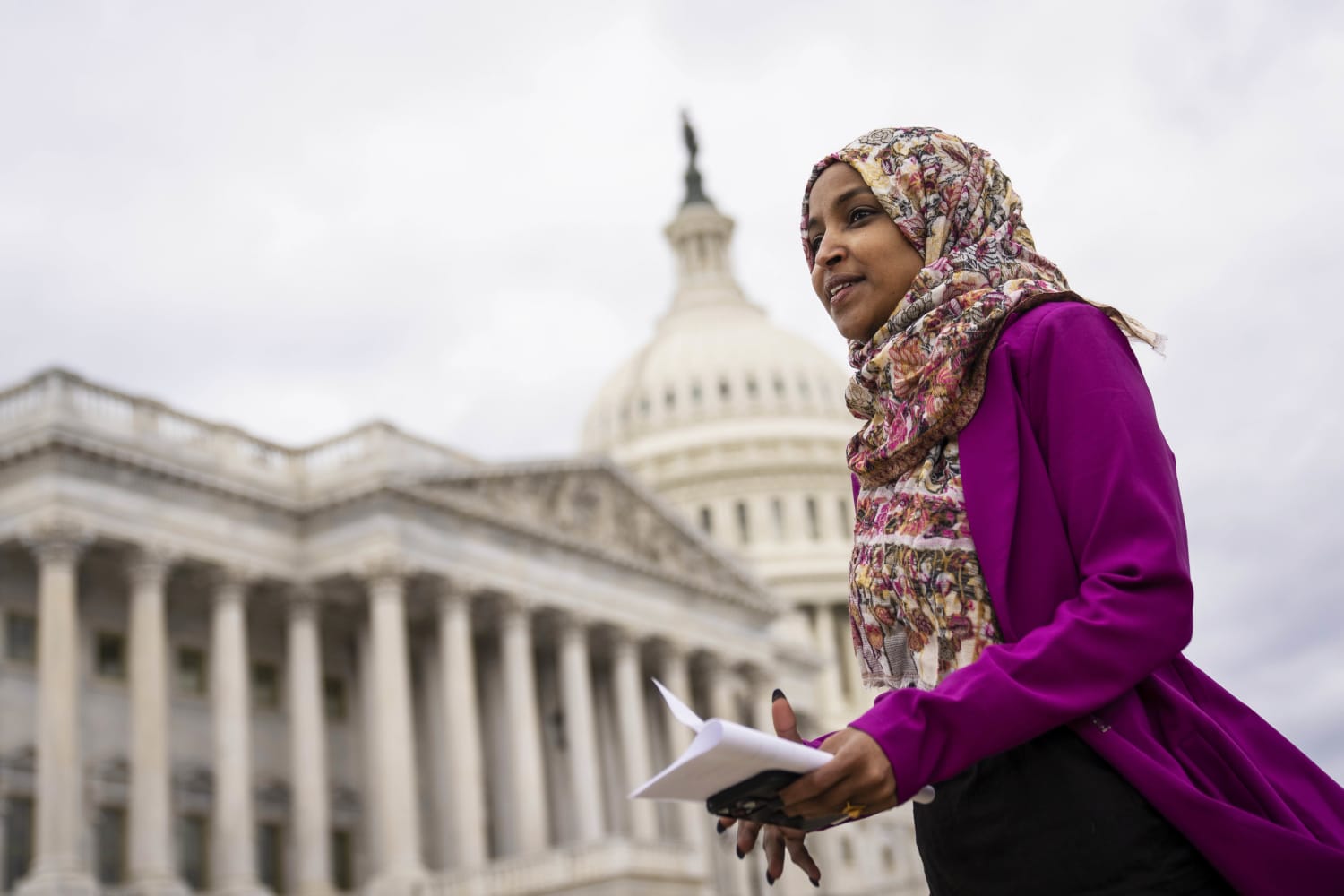
On the Republican side, the race to succeed Senator Smith is expected to be just as competitive, with several high-profile figures already throwing their names into the mix.
Adam Schwarze, a retired Marine and Navy SEAL, has officially announced his bid, declaring it his “most important mission of them all.” Schwarze’s military background and conservative credentials position him as a strong contender in a state that has long been a battleground for both parties.
Additionally, former Sacramento Kings player Royce White, who previously lost the 2024 GOP Senate primary, has also entered the race. White’s unique background and strong opinions on issues such as mental health and personal freedom make him an interesting figure in the Republican primary.
The 2026 Senate race in Minnesota will mark the state’s first open Senate seat contest since 2006, when then-Senator Mark Dayton chose not to seek re-election, paving the way for Senator Amy Klobuchar’s victory over then-Rep. Mark Kennedy.
Given the importance of this election for both parties, Minnesota’s political landscape is expected to be intensely scrutinized in the years leading up to the race. And while Omar’s focus may now remain on securing re-election to her House seat, her influence within the broader political scene cannot be denied.
In the coming months and years, Minnesota voters will be presented with a diverse range of candidates vying for power. Whether they seek to honor Senator Smith’s legacy or forge a new path forward, these candidates will be forced to reckon with the evolving political landscape shaped by figures like Omar and her colleagues in the “Squad.”

For now, however, Omar is focused on the work that lies ahead in the House. Her decision to pursue re-election is a reminder that, even as the future of American politics is shaped by new faces and fresh ideas, the fight for progressive change continues on the ground, district by district, campaign by campaign.
